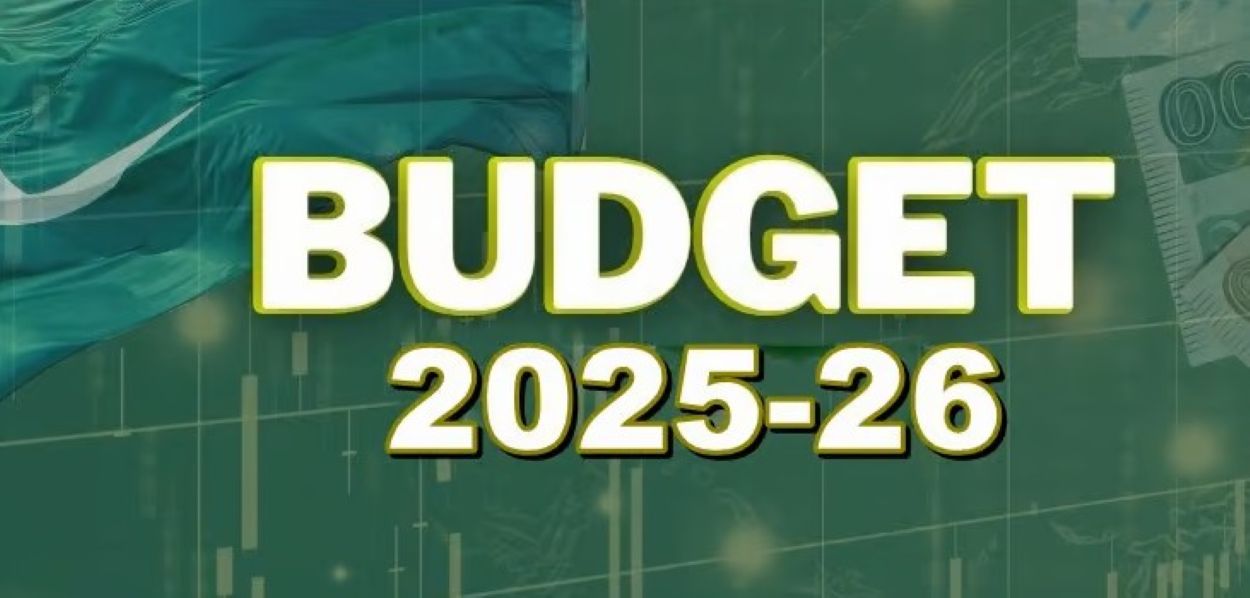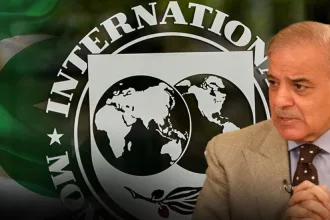Pakistan’s federal government announced plans for a Rs 1.065 trillion development budget for the 2025-26 fiscal year, to be finalised at the Annual Plan Coordination Committee (APCC) meeting on June 2.
Dawn reported that the Pakistan development budget allocates significant funds for infrastructure and social sectors, while the country navigates stringent tax demands from the International Monetary Fund (IMF).
The budget earmarks Rs 170 billion for the National Highway Authority (NHA) and Rs 140 billion for water resources projects. The Power Division will receive Rs 105 billion, with Rs 50 billion for higher education. Other allocations include Rs 4 billion for National Food Security, Rs 3 billion for Information and Broadcasting, industry, and production, Rs 3.5 billion for maritime affairs, and Rs 1.5 billion for inter-provincial connectivity. According to government sources, these funds aim to drive Pakistan’s 2025-26 budget growth.
IMF Tax Reform Pressures
Parallel to budget planning, Pakistan faces IMF scrutiny over tax policies. During virtual discussions, the IMF questioned how revenue targets would be met if salaried individuals received tax relief. The Federal Board of Revenue (FBR) outlined measures. Still, the IMF pushed for an 18% sales tax on solar panel imports, a 1.5% withholding tax on imported goods, and the elimination of sales tax exemptions, except for industrial raw materials, which would impact IMF tax reforms.
The National Highway Authority funds and other allocations reflect Pakistan’s focus on infrastructure and economic resilience. However, Pakistan’s fiscal policy faces challenges balancing IMF demands with domestic needs, particularly for salaried taxpayers. The APCC meeting will be pivotal in shaping the fiscal year’s priorities.
The Pakistan development budget and IMF talks will influence economic stability and public welfare. Strategic investments and tax reforms could position Pakistan for sustainable growth, but require careful navigation of global financial pressures.






